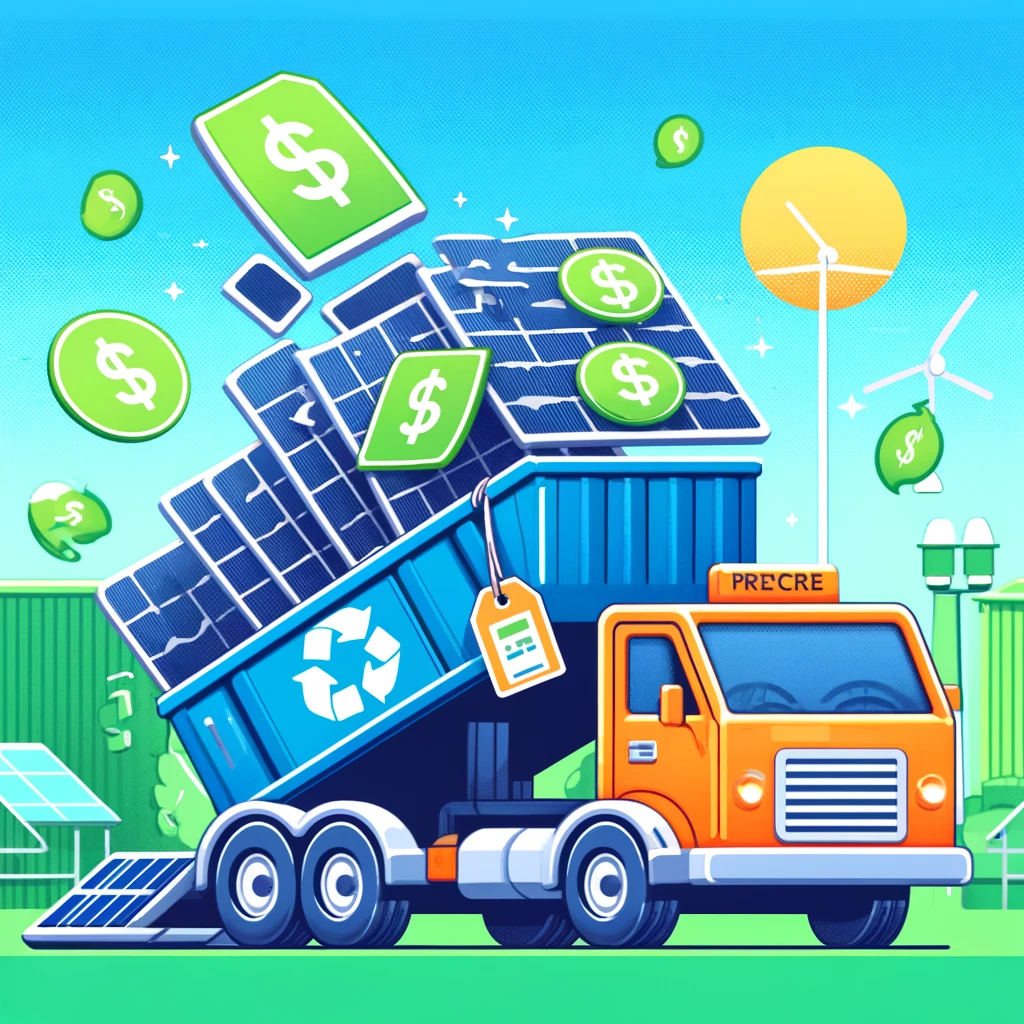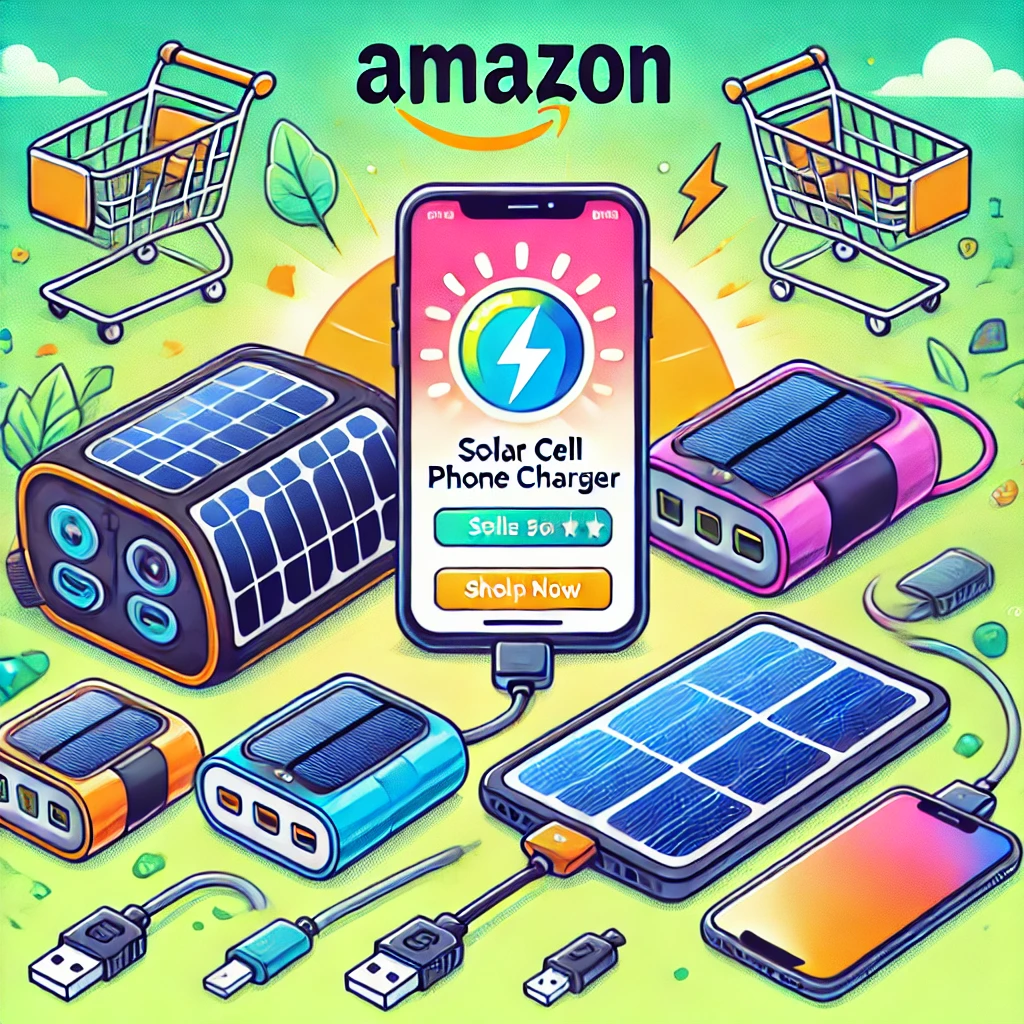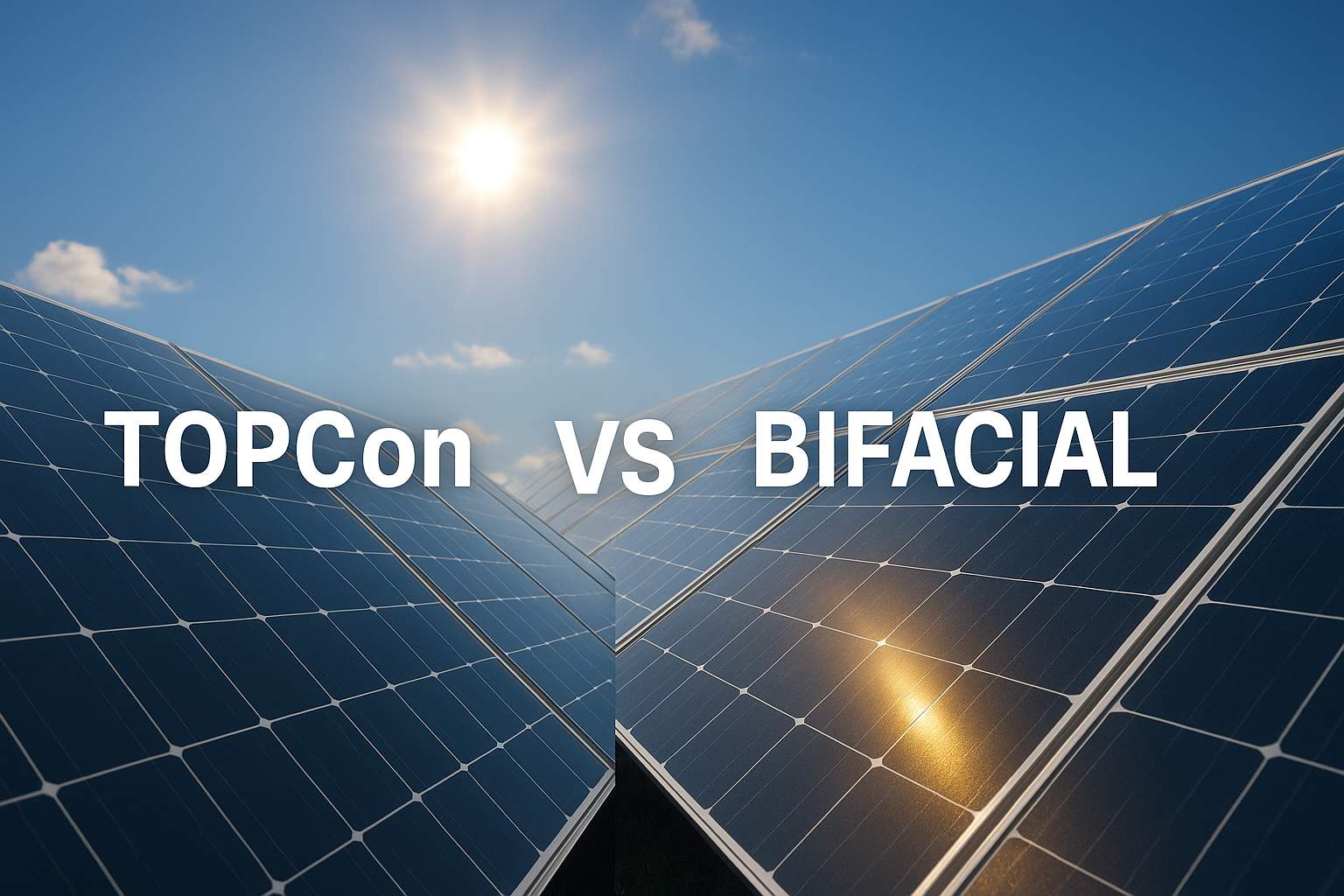With the rapid rise in solar energy adoption, a new question has emerged: what happens when solar panels reach the end of their lifespan? While solar panels typically last 25-30 years, they eventually need to be disposed of or recycled. But how much does it actually cost to dispose of solar panels? In this article, we’ll break down the costs involved, the factors that influence these expenses, and the best ways to minimize your disposal costs while staying eco-friendly.
Why Is Solar Panel Disposal Important?
While solar panels are a sustainable energy source, they contain materials that can harm the environment if not disposed of properly. Components like silicon, cadmium, lead, and other heavy metals can pose environmental hazards if left in landfills. Responsible disposal or recycling helps recover valuable materials and prevents environmental contamination.
Key Reasons to Dispose of Solar Panels Properly:
- Environmental Protection: Prevents toxic materials from contaminating soil and water.
- Resource Recovery: Recovers valuable materials like silicon, silver, aluminum, and copper.
- Regulatory Compliance: Avoids potential fines and ensures compliance with local regulations.
Factors Influencing Solar Panel Disposal Costs
Several factors can impact how much it costs to dispose of solar panels. Understanding these can help you budget for end-of-life panel management.
1. Type of Solar Panel
- Silicon-Based Panels: The most common type, generally easier and cheaper to recycle.
- Thin-Film Panels: Contain hazardous materials like cadmium and require specialized disposal, making them more expensive to handle.
2. Quantity and Size of Panels
- Individual vs. Bulk Disposal: Disposing of a few panels may cost more per panel compared to bulk disposal.
- Panel Size: Larger panels may incur higher transportation and handling fees.
3. Location and Transportation
- Proximity to Recycling Facilities: The closer you are to a recycling facility, the lower your transportation costs.
- Specialized Transport Needs: Panels containing hazardous materials may require special handling, increasing transport costs.
4. Disposal Method
- Recycling: More environmentally friendly but can be more expensive upfront.
- Landfilling: Often cheaper but harmful to the environment and increasingly regulated.
- Manufacturer Take-Back Programs: Some companies offer free or low-cost disposal through take-back programs.
Average Cost to Dispose of Solar Panels
The cost of disposing of solar panels can vary widely depending on the factors mentioned above. Here’s a general breakdown of what you might expect.
1. Recycling Costs
- Standard Recycling (Silicon-Based Panels): $15 to $45 per panel.
- Hazardous Material Handling (Thin-Film Panels): $50 to $150 per panel.
2. Transportation Costs
- Local Transport: $0.10 to $0.50 per mile.
- Specialized Hazardous Material Transport: $1 to $3 per mile.
3. Landfill Costs
- General Disposal: $1 to $5 per panel (not recommended due to environmental concerns).
- Hazardous Waste Landfill: $30 to $100 per panel.
4. Manufacturer Take-Back Programs
- Cost: Often free or significantly reduced, depending on the manufacturer.
Total Estimated Cost
For a typical homeowner disposing of 10 panels, costs could range from $150 to $1,000 depending on the disposal method and transportation needs.
How to Reduce Solar Panel Disposal Costs
While disposal can be pricey, there are several strategies to minimize these costs.
1. Utilize Manufacturer Take-Back Programs
Many solar panel manufacturers offer take-back programs, recycling old panels at little or no cost. Check with your panel provider to see if they participate in such programs.
2. Sell or Repurpose Old Panels
If your panels still produce some energy, consider selling them to secondary markets or repurposing them for less demanding applications. This can offset disposal costs or eliminate them altogether.
3. Dispose in Bulk
If you’re replacing multiple panels, recycling in bulk can often reduce the cost per panel. Many recyclers offer discounts for larger quantities.
4. Choose Local Recycling Facilities
Selecting a nearby recycling facility can significantly reduce transportation costs. Use online resources or contact local waste management agencies to find options near you.
5. Partner with Solar Recycling Companies
Some specialized recycling companies offer competitive rates for solar panel disposal, especially for bulk disposals. These companies may also handle transportation and hazardous material management.
Regulations and Policies Affecting Solar Panel Disposal Costs
Regulatory requirements can influence disposal costs depending on where you live. Many regions are implementing stricter rules on solar panel disposal to encourage recycling and reduce environmental harm.
Key Regulations to Consider:
- Extended Producer Responsibility (EPR): Some areas require manufacturers to manage end-of-life disposal for their products.
- State and Local Regulations: Rules vary widely by location, affecting disposal options and costs.
- International Policies: The European Union mandates solar panel recycling under the Waste Electrical and Electronic Equipment (WEEE) Directive.
The Future of Solar Panel Disposal Costs
As solar energy becomes more widespread, the industry is adapting to meet the growing need for sustainable disposal solutions. The good news? Disposal costs are expected to decrease as recycling technology improves and more facilities become available.
Trends to Watch:
- Technological Innovations: New recycling methods will make the process more efficient and cost-effective.
- Increased Recycling Infrastructure: More facilities mean better access and lower transportation costs.
- Government Incentives: Policies and subsidies could reduce the financial burden of responsible disposal.
Conclusion
Disposing of solar panels responsibly is essential for protecting the environment and recovering valuable materials. While costs can vary based on panel type, location, and disposal method, understanding these factors can help you make informed decisions. By leveraging recycling programs, selling old panels, and staying informed about local regulations, you can manage disposal costs effectively.
Investing in proper solar panel disposal isn’t just good for the planet—it’s a smart move for anyone looking to make the most out of their solar investment.



